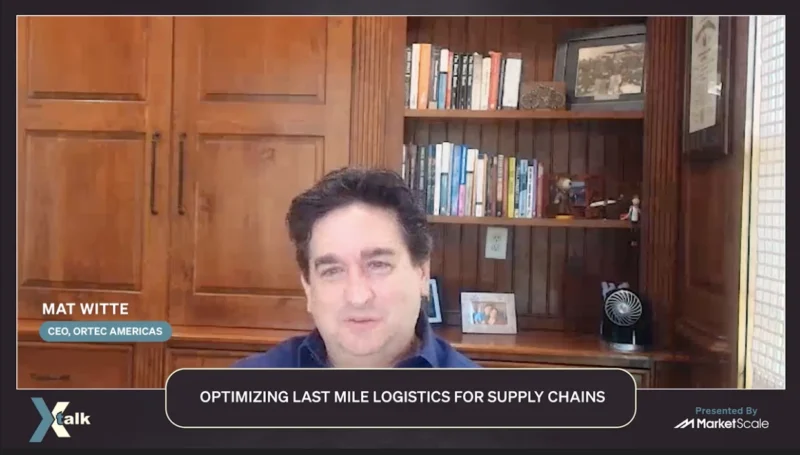Launch Sites, Rocket Tech, Tourism: Drivers of the Space Economy Making Headway in 2024
Tourism, increasing commercialization, technology innovations, and sustainable operations will all play a critical role in the 2024 space economy.
The space industry witnessed remarkable achievements and ambitious plans in 2023, setting the stage for an even more dynamic 2024. A record-breaking 207 successful orbital launches in 2023, with the U.S. leading the charge with 108 launches, broke the Soviet Union’s long-standing record. SpaceX was a major contributor, responsible for nearly half of these launches, and also broke its record for rocket reuse. The year also saw significant advancements in commercial space launches. Phantom Space and Vaya Space signed a revolutionary agreement to operate simultaneously from a single launch complex, showcasing a novel approach to maximizing limited launch-site availability.
The space tourism market is on an explosive growth trajectory, expected to grow at a compound annual growth rate (CAGR) of 49.9% from 2024 to 2030, driven by technological advancements and increasing interest from high-net-worth individuals. Meanwhile, the global space sector is keenly watching the development of next generation launch vehicles and lunar landers and the increasing involvement of private companies in space exploration. The competition between the U.S. and China is intensifying, with both nations investing heavily in space technology and exploration. This rivalry, along with the evolving role of NASA vis-à-vis the private sector, the development of new launch vehicles, and the dynamics of space financing and business evolution, are shaping the future of space exploration and commercialization.
Which of these trends are moving beyond the headlines to impact the space economy in 2024 and beyond? “Experts Talk,” presented by MarketScale brings together a panel of space industry veterans. Joining host Daniel J Litwin, the Voice of B2B, are Rick Ward, the Founder & CTO of OrbitsEdge; Dave Hebert, the Vice President of Global Marketing & Communications at Astroscale U.S.; and Kevin Lowdermilk, the CEO at Vaya Space. Together, they break down the top sectors of the space economy set to drive growth in 2024, offering insights into the future of space exploration and its commercial potential.
Key points of discussion include:
- The increasing commercialization of space and its implications for global connectivity and technological innovation
- The role of satellite technology in enhancing global communication networks, with a focus on the integration of satellite and terrestrial systems
- The burgeoning field of space tourism and its potential to democratize access to space, alongside the challenges of ensuring safety and sustainability
- The critical importance of sustainable space operations, including debris management and the development of in-space servicing and manufacturing capabilities
Rick Ward is a pioneer in applying edge computing to space, enhancing data processing in orbit through his work at OrbitsEdge. His innovative approach combines aerospace engineering expertise with a vision for technology-driven space exploration, making him a leading figure in the space economy’s evolution.
Dave Hebert plays a crucial role at Astroscale U.S., Inc., focusing on space debris mitigation and on-orbit servicing. With extensive experience in space policy and communications, Dave advocates for sustainable space practices, contributing significantly to the industry’s future direction.
Kevin Lowdermilk leads Vaya Space, focusing on advancing space travel through innovative propulsion technologies—his engineering and business background drives Vaya Space’s mission to provide efficient and sustainable space access.








